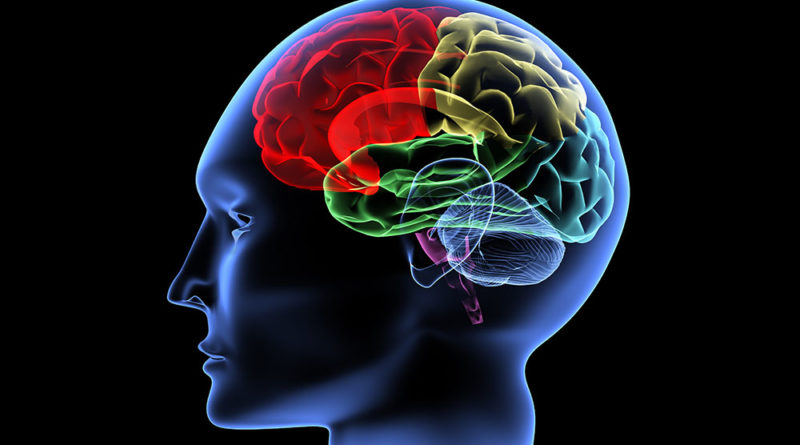The Impact of COVID on Behavioral Health
We may never know the full extent of the damage that COVID-19 has caused, even beyond just the damage economically, and to people’s physical health. There are concerning mental health results brought about as a result of measures taken to quell this pandemic, and those could have long term ramifications. People have lost their jobs, lost loved ones, and have been forced into extended periods of quarantine that have left some with no social contact.
The state of Virginia has received a grant for $2 million to study behavioral changes in the wake of the COVID-19 pandemic. In a press release put out by Virginia’s Department of Behavioral and Health Services, the department announced the public-private partnership between the Department of Behavioral and Health Services, Community Service Boards, and The Virginia Hospital and Healthcare Association.

This grant funding will support direct-service treatment in three major ways:
- Increasing the capacity of Community Service Boards: This will mean increasing the capacity of Community Service Boards to provide continuous care and help to decrease substance abuse for those people with serious mental illness.
- Also to decrease substance abuse through increased use of telehealth services. Specifically addressing behavioral issues related to the COVID-19 pandemic: This will provide support for people in the community by improving the behavioral health of those suffering from moderate mental illness as well as substance abuse disorders related to COVI-19 via the use of telehealth treatment and supports
- Providing Support To Health Care Workers: Working to improve the wellness and health of frontline health care workers through the use of specialized virtual supports and partnerships with hospital systems.
DBHDS Commissioner Alison Land spoke on the funding and what it would support, saying:
“COVID-19 has had severe impacts on behavioral health and the behavioral healthcare system. We are in a continuous cycle of ‘plan, do, check and adjust’ to keep up with operational, safety and capacity issues,”Our system of behavioral healthcare has sustained significant disruptions to treatment availability and access to care. This grant will help us mitigate some of these devastating side effects to behavioral health clients and personnel and help stabilize the system of care.”
Available Services
According to the DBHDS, All direct care services will be delivered through Virginia’s Community Service Boards to help reduce the mental health based impact of COVID-19 for adults with serious mental illness as well as substance abuse disorders. These direct services will include:
- Direct treatment services for behavioral health assessment
- Medication management
- Medication-assisted treatment
- Recovery services
- Outpatient treatment via telehealth
The funding will also provide for additional interventions via telehealth and virtual supports for people with alcohol-based disorders, depression, and trauma-related disorders for people with mild to moderate mental illness and substance abuse disorders.
Jennifer Faison, executive director of the Virginia Association of Community Services Boards said this about the role of Community Service Boards in tackling these issues in the face or the COVID-19 pandemic:
“Virginia’s CSBs comprise the safety net for individuals with behavioral health and developmental disability service needs, As such, they are critical to the lives of over 200,000 individuals per year whether there is a pandemic or not. Continuity of care is paramount and the CSBs stand ready to utilize a portion of this grant money to maintain stability in the system during this time.”
Healthcare workers who are the frontlines of the pandemic are especially susceptible to the behavioral-health impacts and trauma from COVID-19.
The SAMHSA grant funds are available through August 19, 2021.

